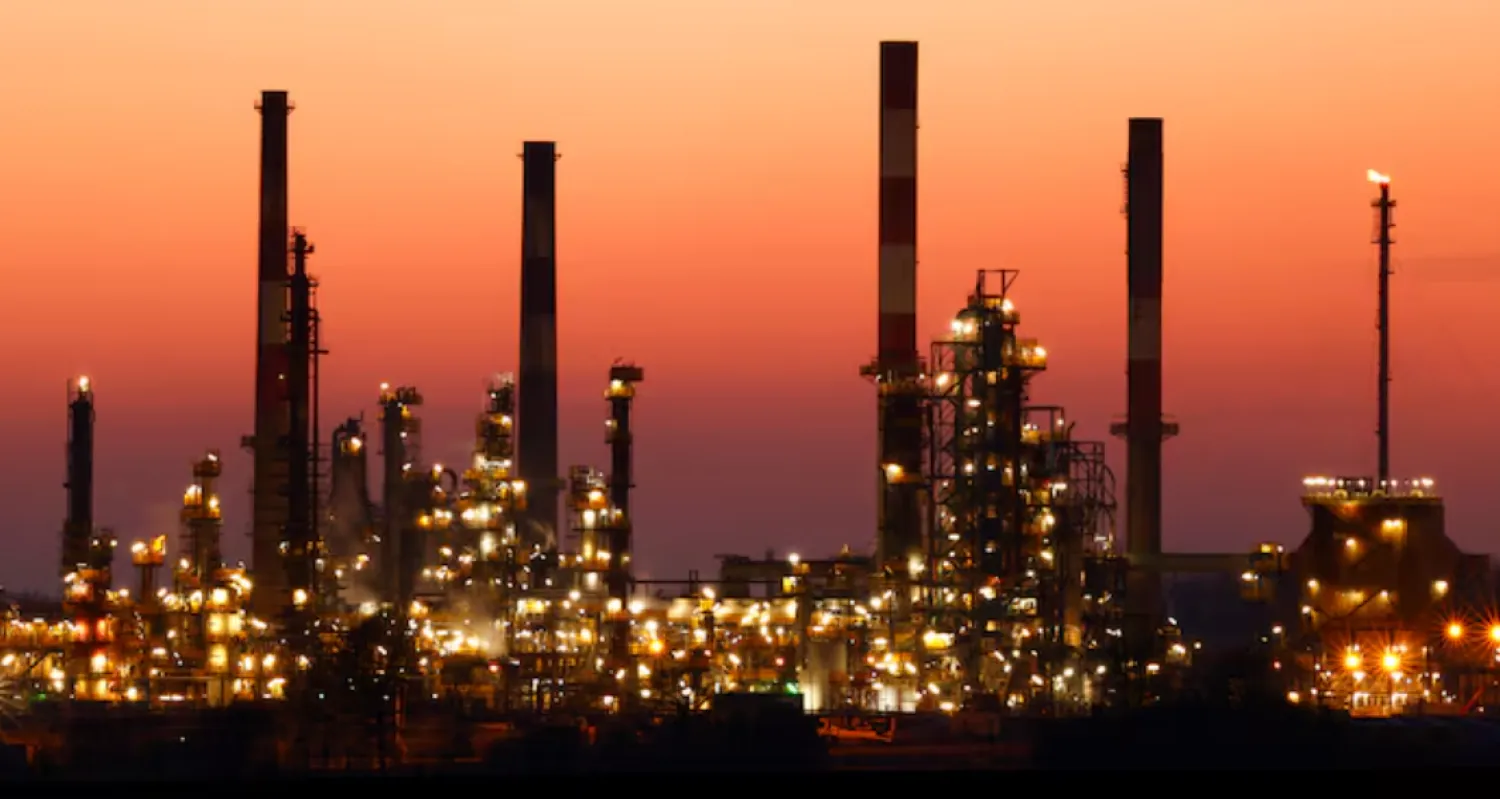The Saudi government allowed freight brokers to provide services at airports to increase competitiveness and offer more options, which contributes to reducing import and export costs.
The Saudi Crown Prince Mohammed bin Salman launched the National Transport and Logistics Strategy in 2021, which aims to position the Kingdom as a global logistics hub connecting three continents. It also seeks to improve all transport services, promote sustainable economic development, and competitiveness adequate to the Vision 2030
Zakat, Tax and Customs Authority (ZATCA) called on shipping agents to benefit from the customs services provided at the airports, most notably the availability of data submission, the issuance of delivery permissions, and the ability to split incoming shipments.
The authority said that, based on the services provided, the freight broker would be responsible before the customers until the shipment arrives, allowing the customer to deal with only one party.
The agent is the link in the global supply chain process, said the authority, stressing that the services it shall provide customers with constitute an opportunity to compete with the prices offered by transport companies and other agents.
This process would present the customer with more options and contribute to reducing import and export costs.
- Increasing operations efficiency
Recently, the authority allowed freight brokerage companies to obtain a license to practice customs clearance and enable them to activate their role in facilitating trade. It would also raise the efficiency of operations and logistics.
Through this step, ZATCA aims to enable freight brokers to provide distinguished services that align with its objectives towards boosting Saudi position as a global logistics platform by facilitating and developing procedures.
It would help achieve flexibility in the customs clearance process in cooperation and coordination with all relevant authorities.
- National strategy
The Saudi strategy focuses on developing infrastructure, launching several platforms and logistical areas, implementing advanced operating systems, and strengthening effective partnerships between the public and private sectors.
One of the strategy’s main objectives is to increase the contribution of the transport and logistics sector to the gross domestic product from six to ten percent by leading the industry to support the national economy, enable business growth, expand investments, and increase the annual non-oil revenues to $13 billion in 2030.









